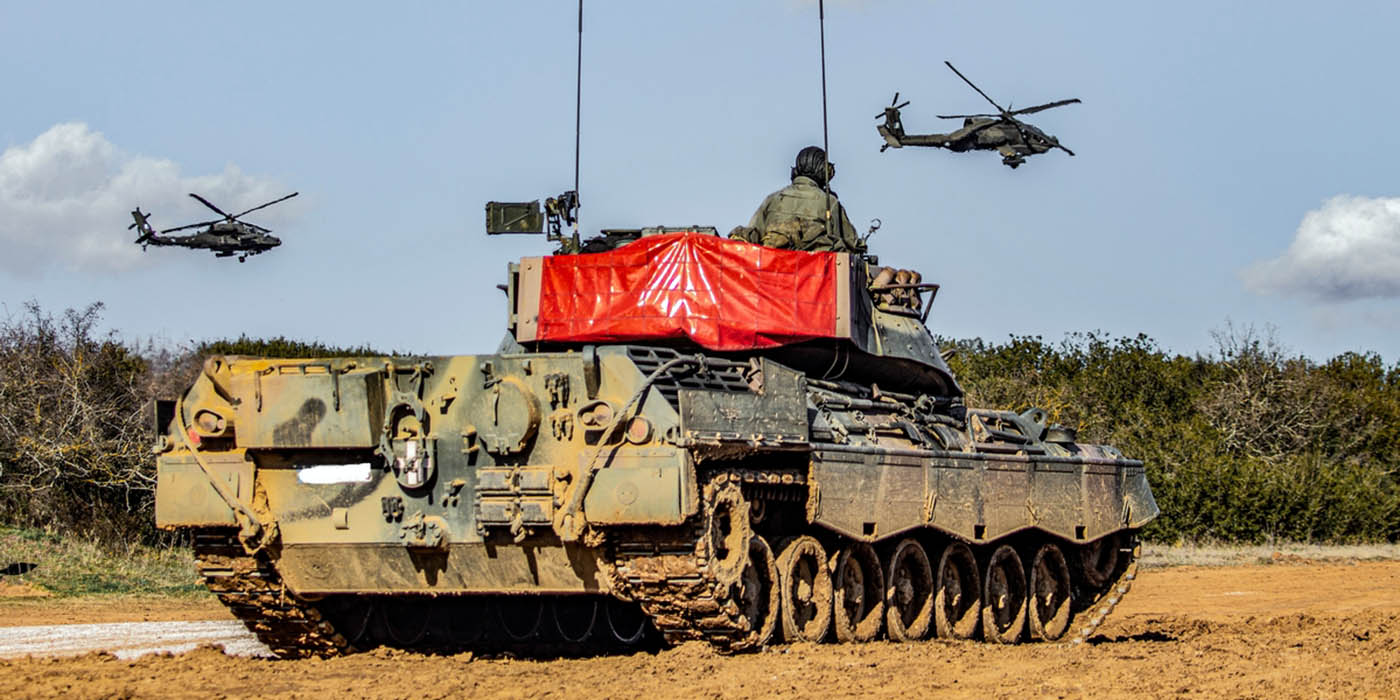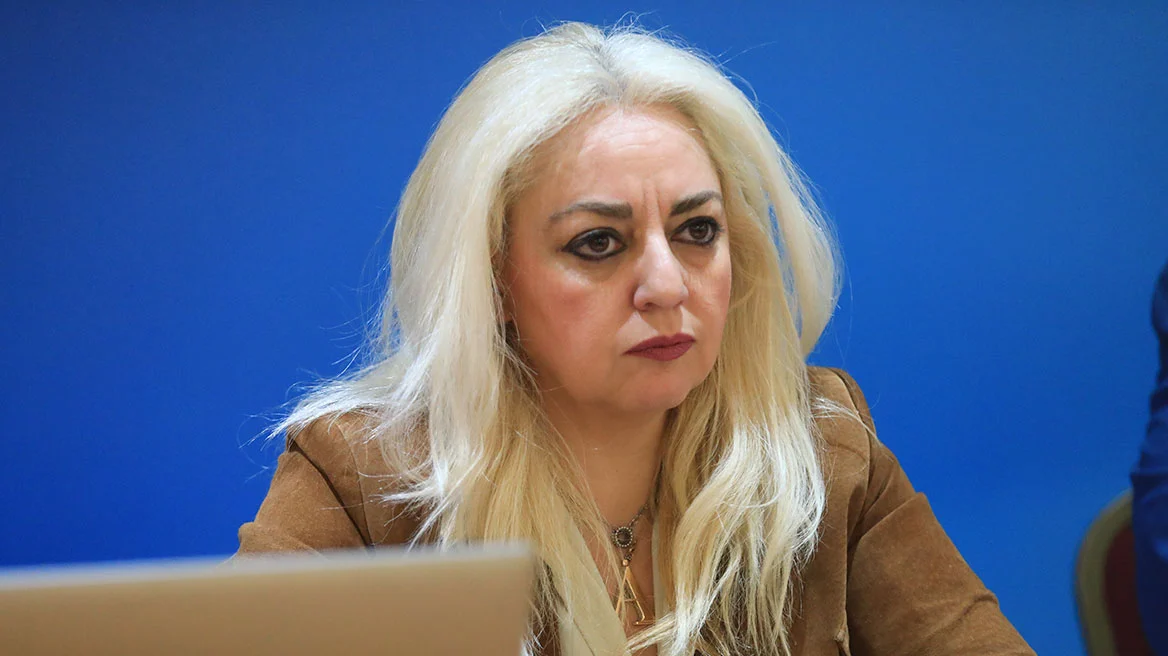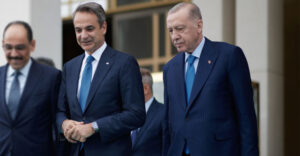Buzzing through the sky in the shadow of Mount Olympus, Greek and American attack helicopters completed a live-fire exercise last week as the two NATO allies strengthened their military cooperation.
But the timing of the joint maneuvers was more testament to the geopolitics of an increasingly volatile region—and a message to rival powers—than a mark of any great friendship.
Greece has emerged as key to American plans to counter the influence of China and Russia in the Eastern Mediterranean as countries jostle for energy resources and infrastructure.
For the Greeks, the U.S. is the only country that can contain the expansionism of Turkey, which last week sought Washington’s military help as it gets mired in the war in Syria where it’s fighting Russian-backed forces. Turkey, which is also NATO member, requested a meeting with its allies in Brussels on Friday after an airstrike in Syria killed at least 33 Turkish soldiers.
The U.S. ambassador to Greece, Geoffrey Pyatt, said during the exercises on Feb. 19 that the relationship was “stronger than it has ever been” and defense cooperation was an “essential component of that.” A mutual accord was ratified this year in Athens weeks after Prime Minister Kyriakos Mitsotakis held talks in Washington with President Donald Trump.
A beefed-up partnership with Greece is aligned with Trump’s National Defense Strategy, a policy shift that aims to prevent Russia and China from expanding in countries where the U.S. has had long-term military and economic ties. Greece is also a relatively pro-American nation in Europe, where many leaders are pushing back against demands to pay more for U.S. military support.
Read more: Bloomberg
Ask me anything
Explore related questions





